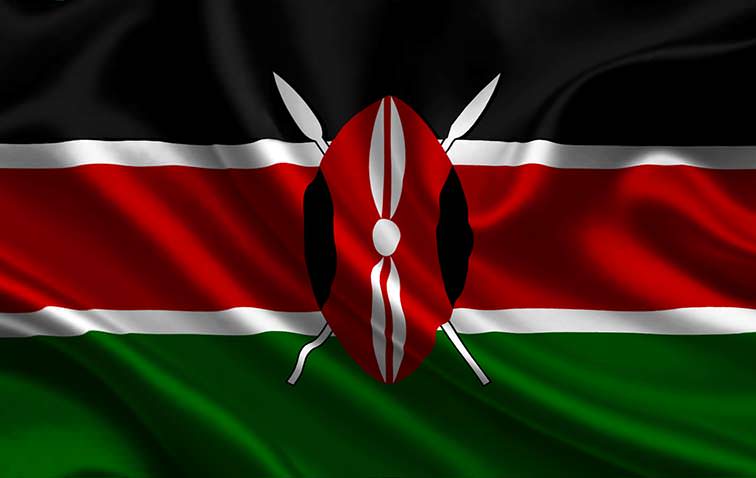Kenya’s journalists can now get ten years in prison for defamation
 Kenya’s new Computer and Cybercrimes Act, which President Uhuru Kenyatta signed into law on 16 May. Reporters Without Borders (RSF) condemns its disproportionate penalties as a threat to press freedom.
Kenya’s new Computer and Cybercrimes Act, which President Uhuru Kenyatta signed into law on 16 May. Reporters Without Borders (RSF) condemns its disproportionate penalties as a threat to press freedom.If journalists are convicted of online defamation under the new law, they could be sentenced to up to ten years in prison and fined the equivalent of 42,000 euros, while the intentional publication of false information that “constitutes hate speech” or “negatively affect reputations of others” is punishable by up to two years in prison.
“No journalists should incur a prison sentence for defamation,” said Arnaud Froger, the head of RSF’s Africa desk. “These penalties are disproportionate and are designed solely to put pressure on bloggers and journalists. This latest turn of the screw on Kenya’s media will increase the control that the authorities exercise over online publications.”
Approved by Kenya’s parliament on 26 April, the Computer and Cybercrimes Act was signed into law despite warnings from media associations that it posed a threat to the freedom to inform. Media Council CEO David Omwoyo warned on 11 May that it “may be abused by state authorities to curtail media freedom.”
This is not the first time that Kenya has adopted a law designed to intimidate journalists. The Media Council Act that parliament passed in 2013 allows the government to censor critical media outlets by threatening them with closure and exorbitant fines. And the authorities issued a series of directives to journalists ahead of the 2017 elections that included an outright ban on reporting the results.
Kenya is ranked 96th out of 180 countries in RSF’s 2018 World Press Freedom Index.
